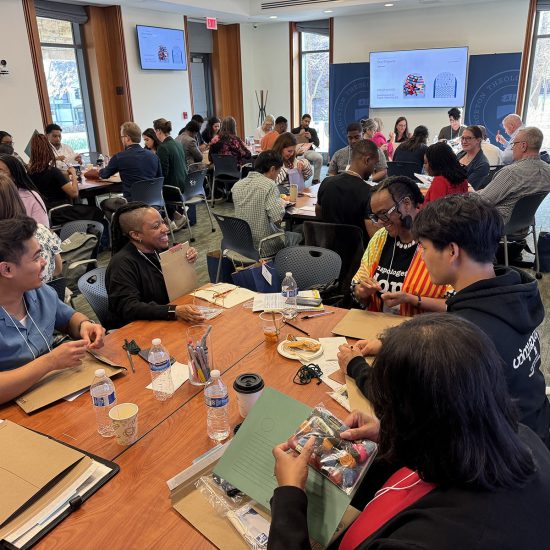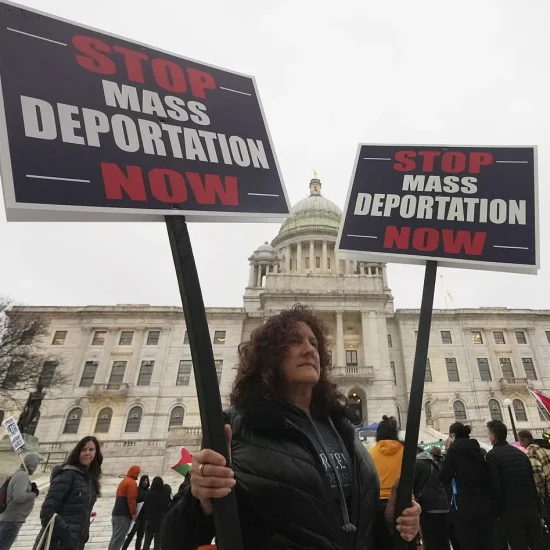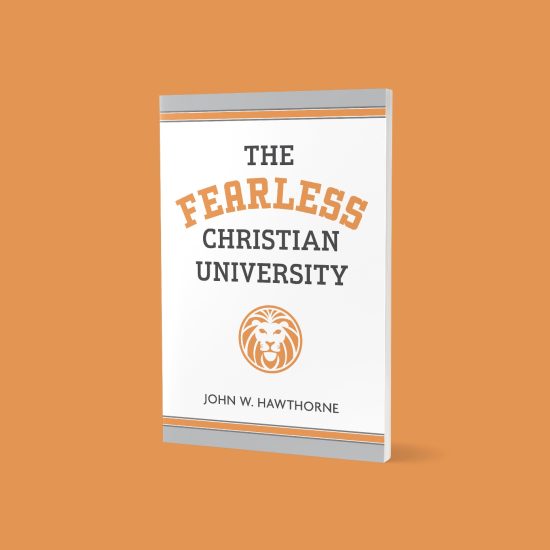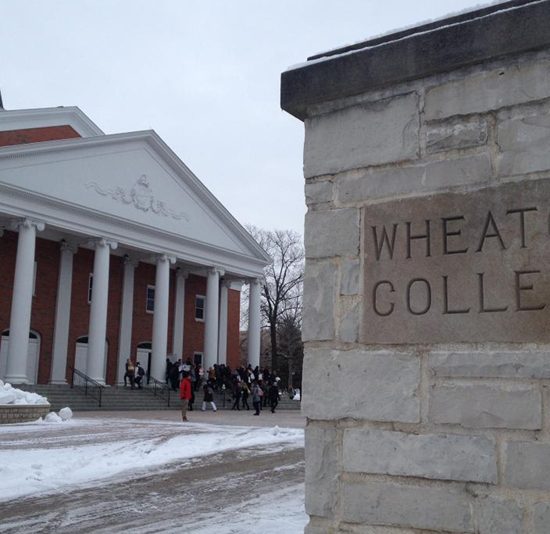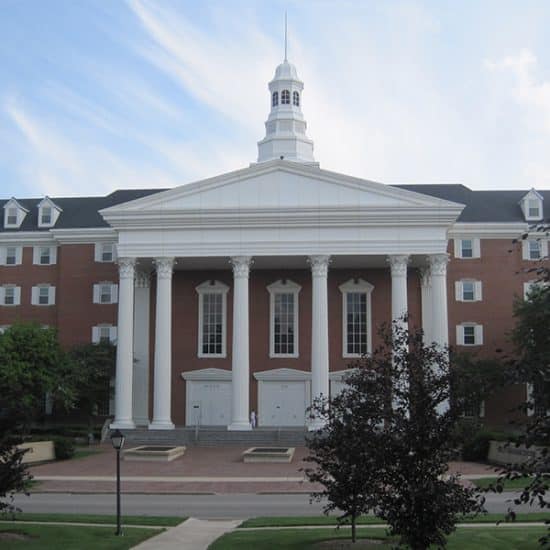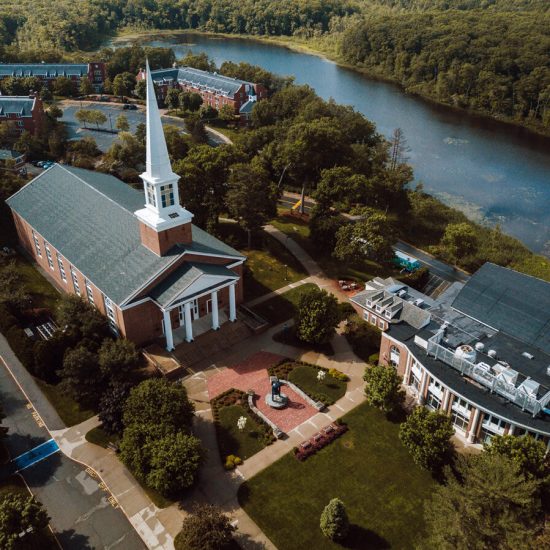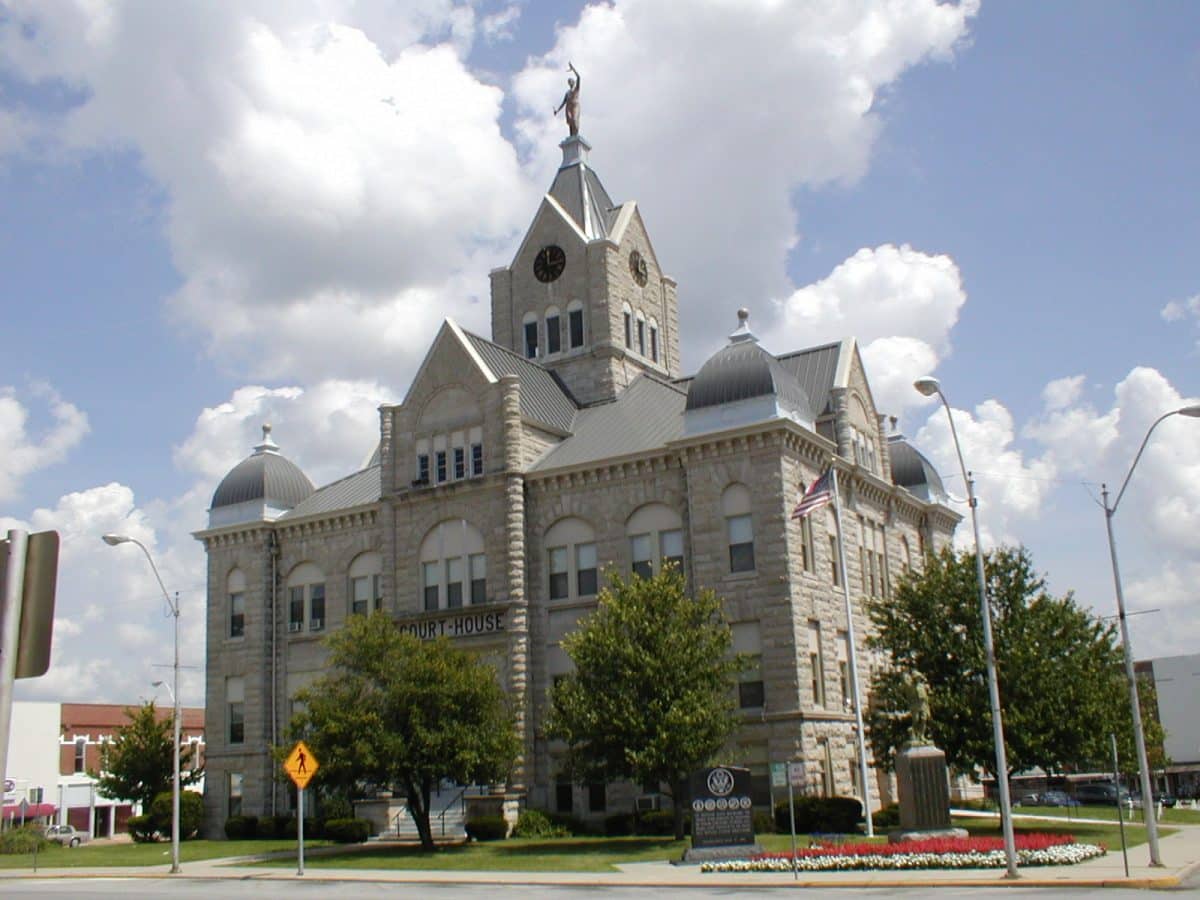
Trustees for Southwest Baptist University in Bolivar, Missouri, last week dropped their proposed new governing documents amid a six-month court challenge. But before they did, SBU’s attorney filed several motions, including an attack on Word&Way. While the motions are now moot because SBU voluntarily dismissed its petition, the filings offer insights into SBU’s legal and communication strategies.
SBU filed three motions on Tuesday (Aug. 24), one day before SBU’s trustees voted to drop the new articles of agreement. The next day, before news of the trustee vote, the three intervenors in the case filed multiple motions. All of the matters were set for a hearing on Sept. 1, but then SBU’s attorney on Friday informed the court that the school was dropping its new governing articles.
The proposed articles, approved by the SBU board last year amid a nearly three-year controversy, would have given the Missouri Baptist Convention more legal control over the school. But after receiving approval from messengers to the 2020 MBC annual meeting, SBU hit a snag. Three individuals — alum and former trustee Donald Jump, a current professor (“John Doe”), and a current student (“Jane Doe”) — filed petitions in February and March seeking status as intervenors to block the new governing documents. After numerous filings from the various parties, a judge ruled on July 1 in favor of the three individuals, granting them each status as intervenors.
Dispute Over Discovery of Evidence
With intervenor status granted, the three individuals started filing motions related to discovery of documents and communications from SBU. The professor and the student filed a motion for discovery on July 7, asking SBU to turn over, among other things, trustee meeting minutes and recordings as well as communications between SBU and MBC leaders about the governing documents, status of SBU employees, and selection of SBU trustees. SBU argued in an Aug. 6 filing that none of the requests should be allowed.
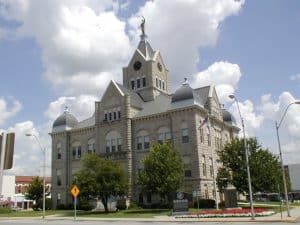
Polk County Courthouse in Bolivar, Missouri. (William B. Roller/Creative Commons)
On Aug. 12, the intervenors responded with a motion asking the court to compel SBU to turn over the requested documents and communications. On Aug. 25, the two also filed a motion to have the MBC included as a party in the case, which would open the MBC up to discovery as well.
SBU on Aug. 24 filed a motion arguing they should not have to turn over anything or if they do then discovery “should be severely restricted.” SBU argued the intervenors wanted information unrelated to the issue at hand. But SBU even claimed that “communications and interactions with the Missouri Baptist Convention about how it came about that the amended articles were approved by SBU” have “nothing to do” with the legal questions about the amended articles approved by SBU and the MBC.
SBU’s motion on discovery also included a request that the court “limit the discovery” because SBU feared people would learn about the issues from Word&Way.
“The inner workings of the college are not an appropriate subject for public disclosure,” SBU argued.
SBU’s legal filing then criticized Word&Way, offering inaccurate conjunctures about Word&Way’s motives. SBU attached two Word&Way pieces along with its filing, including one about the public court case in Polk County.
Without offering evidence, SBU asserted that “the Intervenors have a close relationship with … a publication called the Word & Way, a publication whose favorite topic appears to be writing articles critical of SBU.”
“Indeed, the Word & Way has even written articles about this current proceeding, and matters at SBU,” the filing continued. “The editor of the Word & Way is apparently very interest [sic] in the inner-workings of SBU and what occurs behind closed doors at Board of Trustees’ meetings.”
While SBU complained about Word&Way reporting on the public case, the school did not similarly express concerns about protecting discovery from the MBC or its publication. Yet, MBC Executive Director John Yeats wrote in the MBC’s publication about one of the intervenors’ filings. And that publication frequently writes about the inner-workings of SBU and even what happens behind closed doors at board of trustees’ meetings.
On Aug. 25, Jump asked the court to direct SBU to “preserve evidence” from being “lost or destroyed.” The filing also criticized SBU’s motion the previous day that attempted to block or protect discovery, and expressed concern that SBU had apparently taken no action to save communications from private emails, phones, or computers of trustees, staff, and other key officials.
“What is particularly concerning,” Jump’s filing offered, “is the tenor of the motions filed yesterday, which seek to hide from the Intervenors, the media, and, ultimately, the public at large, evidence that goes to the heart of whether the proposed amended Articles (and the Bylaws they repeatedly mention) should be approved by this court and whether those amendments fundamentally impact the public usefulness of the university. It is this overall gestalt of secrecy that leads one to question whether any key individual with relevant texts, e-mails, voicemails, or other documents — particularly one who apparently has received no instruction on their duty to preserve documents — might not be too upset about the disappearance of such evidence.”
Discredited Source on Nonprofit Governance
In addition to attempting to limit or stop discovery, SBU also filed a motion asking the court to reconsider its ruling granting intervenor status to the three individuals. On Aug. 24, the day before the trustees voted to drop the governing documents, SBU’s attorney argued in a filing that the court erred in its July 1 ruling.
A key argument SBU offered in this motion was to insist that the new governing documents granting MBC legal status as the “sole member” of SBU followed similar moves in Southern Baptist life. SBU pointed to the arguments by “two Baptist lawyers who were centrally involved in the issue”: D. August Boto, then-general counsel and vice president for convention policy for the Executive Committee of the Southern Baptist Convention; and James P. Guenther, then-general counsel for the SBC. SBU’s filing quotes several passages from the two lawyers, and SBU attached as exhibits two pieces the two lawyers wrote.
What SBU did not note is that Boto, the lead author of the documents SBU claimed should be a model for the court in considering Southern Baptist governance, is now legally barred from serving on the board of any Southern Baptist entity or any nonprofit in Texas.
Last year, Baylor University and Southwestern Baptist Theological Seminary sued a charitable foundation after its board of trustees rewrote its bylaws to divert money away from the two schools. That bylaw change, which occurred a few days after SWBTS fired President Paige Patterson for mishandling allegations of student rapes, was allegedly taken by board members with close ties to Patterson. Among the board members was Boto.
SWBTS President Adam Greenway said at the time that Boto and the other members of the foundation had engaged in “inappropriate manipulation related to board governance and apparent misapplication of funds” He added that such members “are in violation of their fiduciary duties.”
The lawsuit alleged the trustees of the foundation “began paying themselves.” And the schools suing the foundation claimed that while on staff with the SBC’s Executive Committee, Boto had plotted with Patterson to place an ally on the SWBTS board of trustees.
In February, just before SBU filed its petition seeking to get approval of its new articles, a settlement was reached in the Texas case. In the settlement agreement, Boto and the other trustees agreed to resign and allow the two schools to name new trustees. Boto also agreed in the settlement “not to seek or accept any position of employment from or appointment in any fiduciary capacity, whether as an officer, director, or trustee, at any Texas public and/or private nonprofit charitable organization” or at any SBC entity. Six months later, SBU pointed to Boto as its leading expert on Southern Baptist nonprofit governance.

